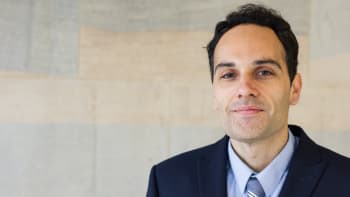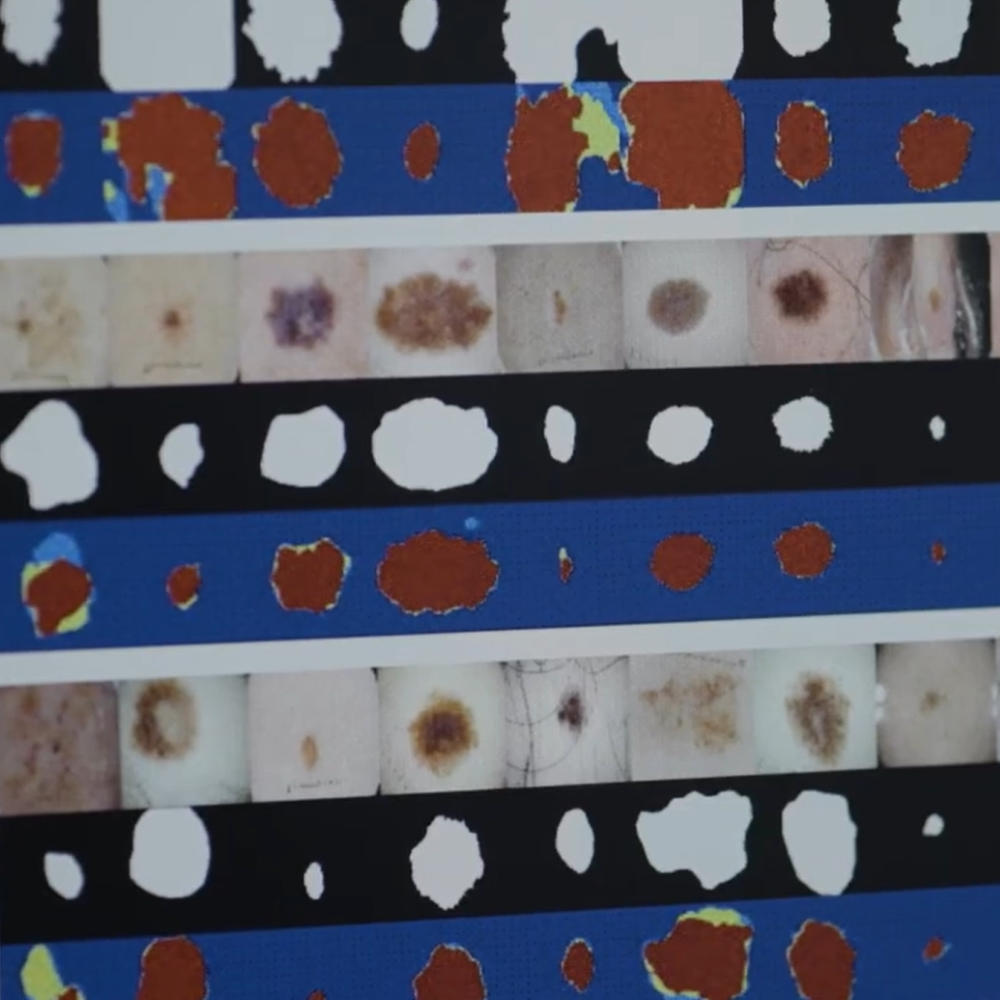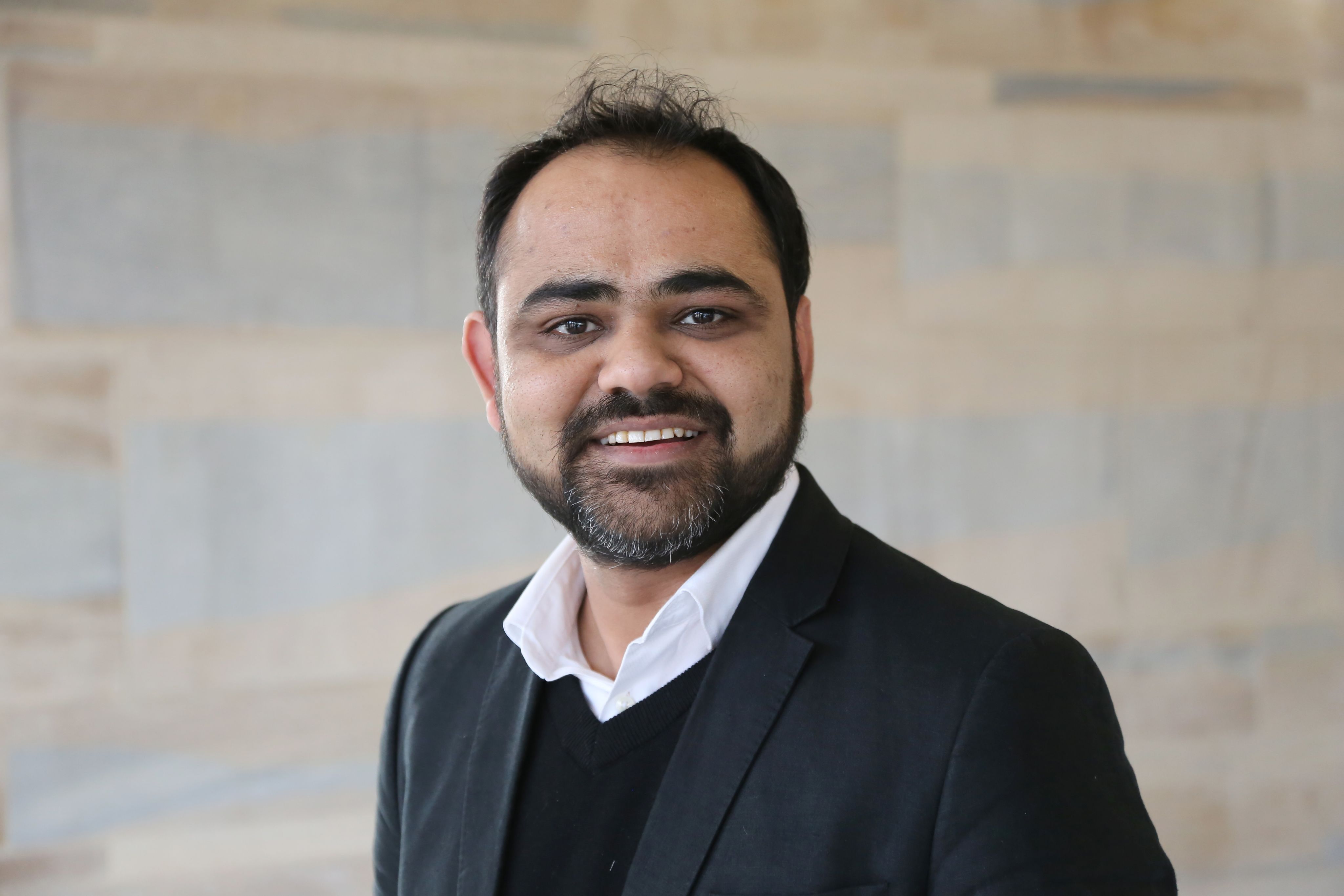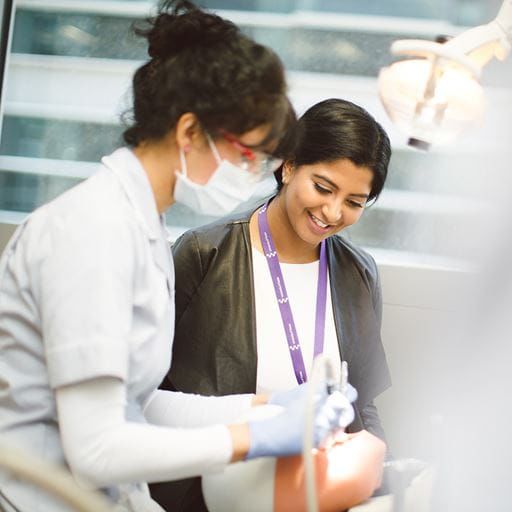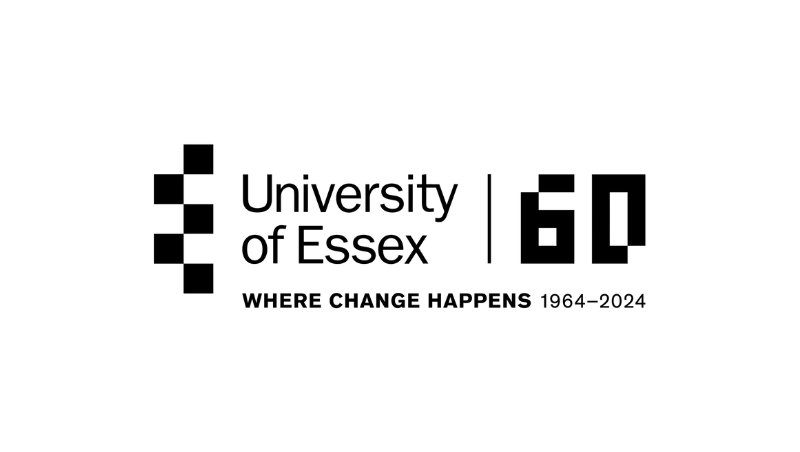Unleashing AI-driven healthcare

Spiralling costs and ever-increasing patient lists have placed an enormous strain on healthcare in the UK.
The University of Essex is looking to ease the burden by utilising artificial intelligence, sharing its expertise with the NHS and other health providers.
The projects our researchers are working on have the potential to revolutionise healthcare by slashing waiting times, improving treatments and even offering new glimpses into the ways our bodies work.

Tackling patient waiting lists

Reducing waiting times for appointments and operations is a key priority for the NHS.
The University of Essex is working with the East Suffolk and North Essex NHS Foundation Trust to use AI to come up with the solution.
The complexity involved in running NHS health trusts means the amount of data which is used to measure performances of different departments is vast and therefore requires world-class analytics to help them run as efficiently as possible.
Using both AI and data analytics, the team are revolutionising the way patient appointments and surgeries are scheduled.
A new model has been created by the School of Computer Science's Dr Faiyaz Doctor, Dr Michael Kampouridis and Professor Xinan Yang, using machine learning which can account for regular scheduling issues such as underrunning or overrunning appointments.
It is hoped the system will save hundreds of thousands of pounds each year and ensure hundreds more people can be seen at the Essex and Suffolk Elective Orthopaedic Centre.
Head of analytics at ESNEFT Dr Hugo Herrera hopes the partnership will ultimately improve the performance of clinical staff across the trust which will help to benefit patients.
He said: “Like all NHS organisations we have huge amounts of data with a broad utility that, when combined with novel analytical techniques, can provide new insights on how we can improve our approach to planning or delivery of care.
“Through this partnership we will bring together data analysts in the NHS and academia to deliver better outputs from our data for our clinical colleagues.”
Tiredness lies in the eyes

Essex is leading a ground-breaking £1.2million project which is exploring how eyes can display levels of mental fatigue.
The EyeWarn project will look to uncover how eye movements such as gaze patterns and pupil dilation reflect cognitive processes - all through the use of an app on a smartphone.
Essex’s Dr Javier Andreu-Perez, from the School of Computer Science and Electronic Engineering, Dr Tom Foulsham from the Department of Psychology and Essex Law School’s Professor Lorna McGregor will work with Solvemed Group on the revolutionary mobile app which can determine a person’s level of fatigue by scanning their eyes.
The Essex team will collaborate with researchers from other UK universities and the Solvemed Group to collect and analyse data from nearly 1,400 individuals.
The project will utilise explainable artificial intelligence to assess and predict fatigue levels and offer new insights into how cognitive strain affects behaviour.
The EyeWarn project is being funded as part of the Biotechnology and Biological Sciences Research Council’s (BBSRC) Prosperity Partnerships programme, which aims to bring innovative research into real-world settings.

Dr Andreu-Perez, Project Lead and Chair of the Smart Health Technologies Group within the Centre for Computational Intelligence, said: “This project represents a significant advancement in the UK's scientific efforts in Human-Centred Artificial Intelligence (HCAI).
“HCAI is an emerging AI research paradigm that has been gaining momentum in recent years, emphasising humanised AI-driven methodologies and analytics designed to enhance humans or human systems."
He added: “EyeWarn places a strong emphasis on enhancing our understanding and monitoring of human factors such as fatigue and its effects on the body through the eye.
“I am delighted that BBSRC has rewarded my expertise in this field, particularly for my contributions to explainable human linguistic AI, integrating intelligent fuzzy logic systems with physiological computing.”
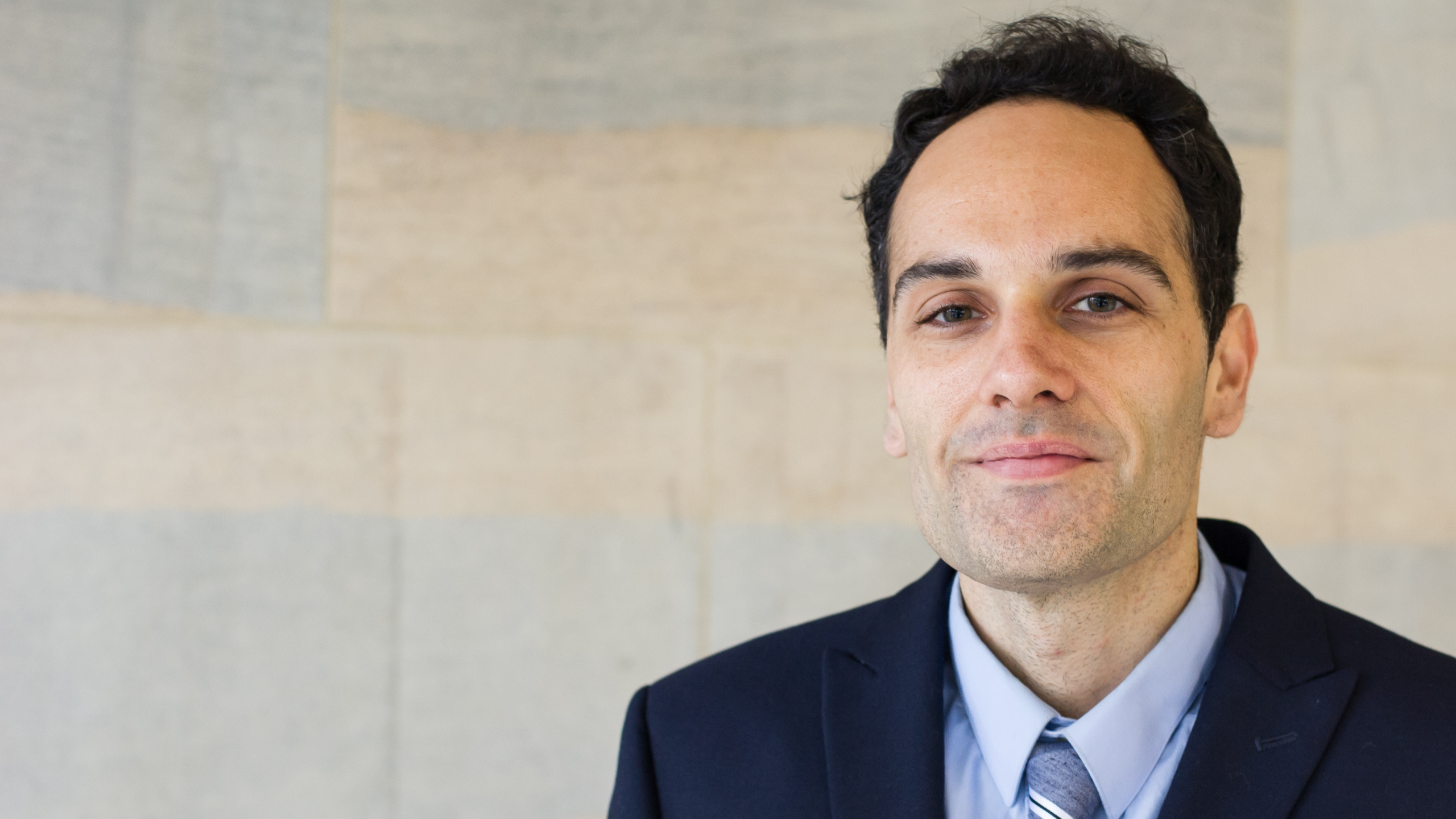
Speeding up skin cancer diagnosis
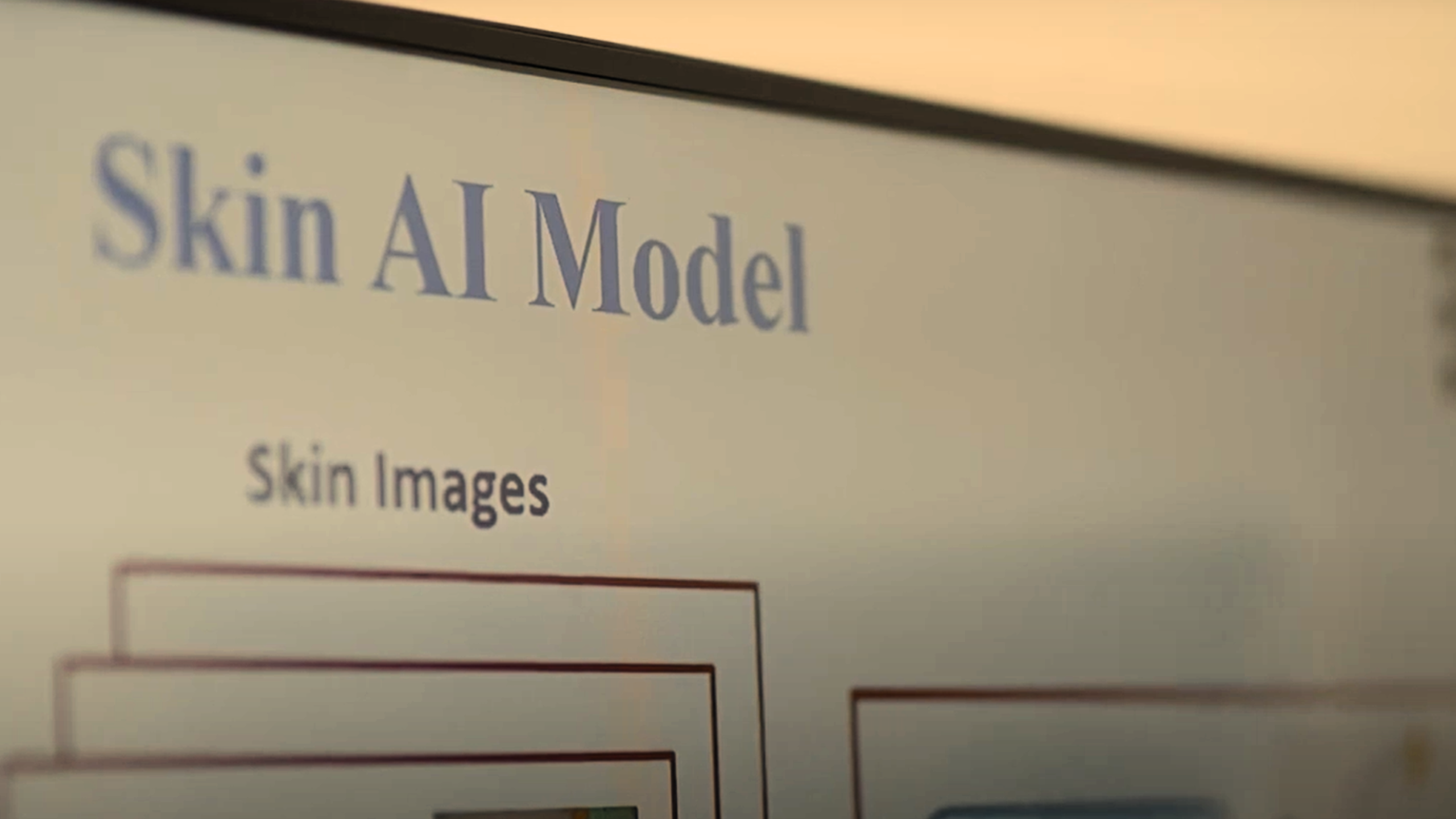
It can take several months for people with suspected skin cancer to receive an official diagnosis.
But this agonising wait could soon be a thing of the past thanks to a Knowledge Transfer Partnership between Essex and Check4Cancer.
The partnership has led to the creation of a new AI-led diagnostic system which can detect skin cancer with 99 per cent accuracy.
The new technology simply requires users to upload a photo of a suspected melanoma to Check4Cancer’s smartphone app, along with basic information about themselves, such as hair colour and age.
The information and images are fed into the AI framework, which is then able to triage patients and either refer them on for further assessment or reassure them no further action is needed.
Project lead, Dr Haider Raza, of Essex’s School of Computer Science and Electronic Engineering, said: “From the start on this ground-breaking partnership with Check4Cancer, our aim has been to not just to innovate, but to transform lives.
"Through the power of artificial intelligence, we're revolutionizing the detection of skin cancer, slashing waiting times, and reducing unnecessary biopsies."
He added; "It's more than just a project; it's a commitment to improving healthcare outcomes for all.”
Dr Haider Raza
Dr Haider Raza
Find out more
School of Computer Science and Electronic Engineering
We have a variety of specialist facilities in the areas of brain-computer interfaces, robotics, embedded systems, lasers/photonics and networking, and a laboratory-based teaching and research Centre for Computational Finance and Economic Agents.
School of Health and Social Care
We are at the forefront of solving real-life issues in health and society, helping to prepare the next generation of specialists while also making a difference through our groundbreaking research that both commissioners and employers believe in.
Sixty Stories
We’re celebrating 60 years of making change happen. 60 years of boldness and bravery from our students past and present. 60 years of creating change.

